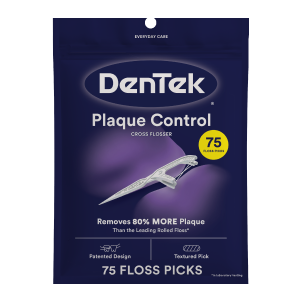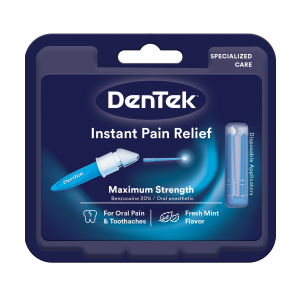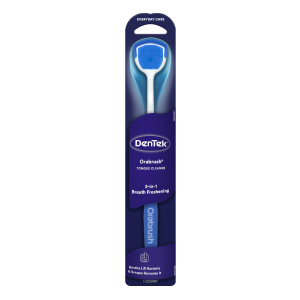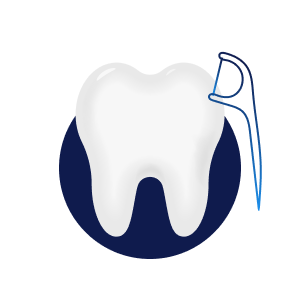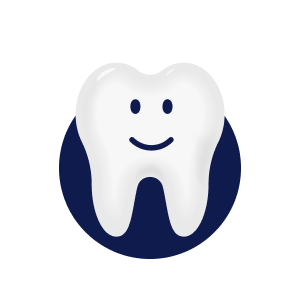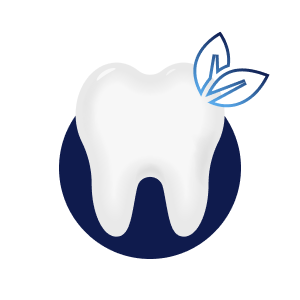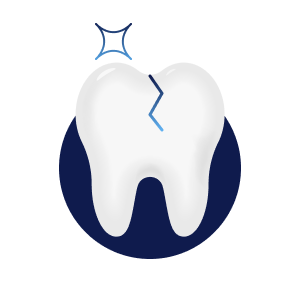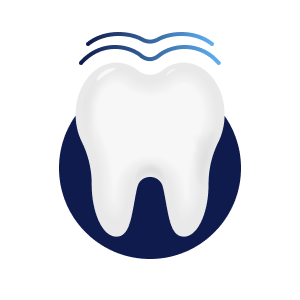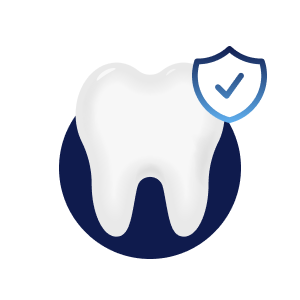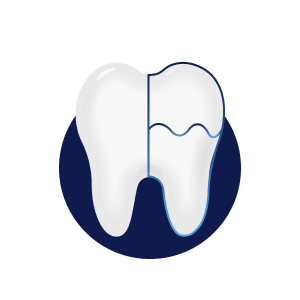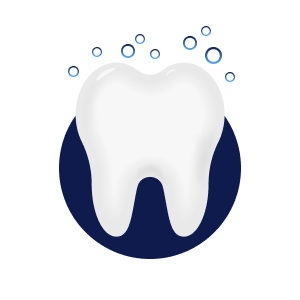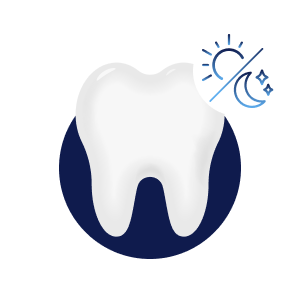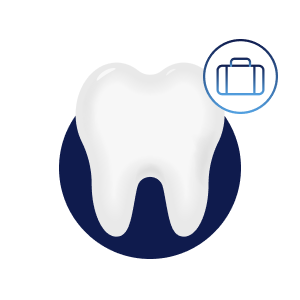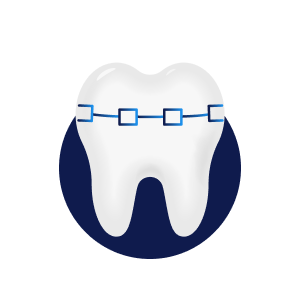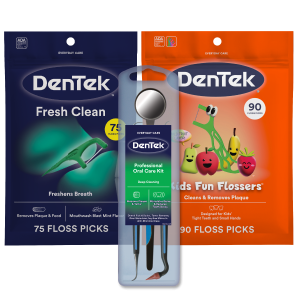
What Causes Teeth Grinding?
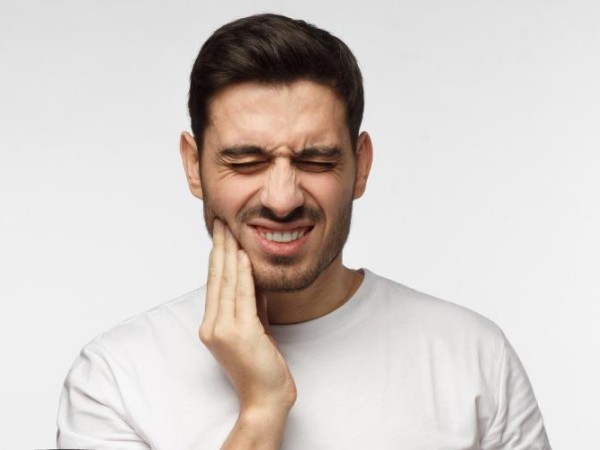
Teeth grinding, also known as bruxism, is when a person clenches their jaw and the upper and lower teeth scrape and grind against each other. Most people who grind their teeth do so while sleeping, but some also grind their teeth during the day as a subconscious habit.
What Causes Teeth Grinding?
There is no one known cause of bruxism, but doctors believe a combination of physical, psychological and genetic factors may be to blame. While teeth grinding during the day may be caused by emotions like anxiety or stress, teeth grinding at night may be caused by a number of different reasons:
- Sleep disorder
- Sleep-related chewing motions in between dream states
- An abnormal bite – your upper and lower teeth may overlap or otherwise not align well
- Certain jaw posture or positions
- Changes due to dental work or injury
- Psychological stress
It also can be helpful to know that certain factors make some people more prone to bruxism, such as:
- Age – Teeth grinding is common in children. Age-related bruxism usually goes away by adulthood.
- Family – Nighttime or sleep bruxism often runs in families, so if you have a parent, grandparent or sibling who grinds their teeth at night, you might be more likely to grind your teeth too.
- Personality type – People who tend to be high-strung, hyperactive, competitive or aggressive are more likely to grind their teeth.
- Medications, nicotine, alcohol and caffeine – Certain antidepressants, psychiatric drugs, other prescription medications and illegal drugs can increase your risk for bruxism. In addition, smoking cigarettes or e-cigarettes, drinking alcohol regularly and drinking caffeinated beverages can cause teeth grinding too.
- Other disorders – Teeth grinding can also occur due to certain physical and mental health disorders and diseases, such as attention-deficit/hyperactivity disorder (ADHD), Parkinson's disease, epilepsy, dementia, gastroesophageal reflux disorder (GERD), and sleep-related disorders such as sleep apnea and night terrors.
These risk factors are things you can discuss with your doctor or dentist to see which applies to you and what solutions may work best. For example, if a medication is causing a teeth grinding habit, your doctor may be able to give you a different medication or may suggest you wear a dental guard at night until you have finished the medication.
How to Treat Teeth Grinding
You may be thinking, “If I don’t know the cause, how can I treat it?” Teeth grinding is so common that there are solutions—both over the counter and from your doctor or dentist. If you’re having consistent or severe jaw pain, headaches, tooth pain or experience tooth breakage, be sure to talk to your doctor or dentist.
If teeth grinding is not causing severe pain or interfering with your life and you’d like to prevent damage from happening to your teeth, gums and jaw, you can try a dental guard that puts a cushiony barrier between your upper and lower teeth. Even though dental guards do not stop you from clenching your jaw, they help relieve jaw tension and prevent your teeth from grinding against each other.
DenTek is here to help
Trying a dental guard first can be an easy, cost-saving solution if you’re not having any major pain or tooth problems.
DenTek offers a range of dental guard options so you can find the right one to fit your needs and wear comfortably each night.


